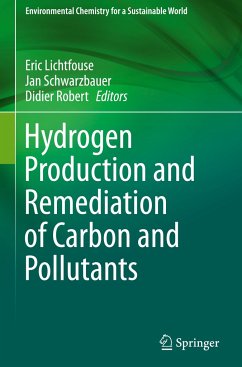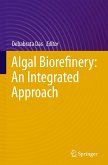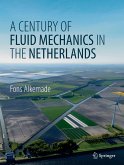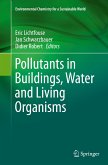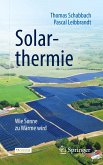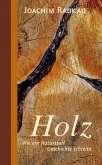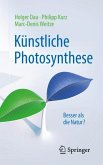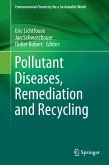This book details first the chemistry of hydrogen production from biomass. Solutions to the CO2 issue are given in three chapters, which describe CO2 photo catalytic reduction, CO2 sequestration in terrestrial biomass, and plants as renewable fuels. Further chapters review the selenium cycle in ecosystems, advanced processes to treat water and ecological ways to dye textiles.
Society growth during the last century has almost entirely relied on the carbon economy, which is the use of fossil fuels for energy and materials. The carbon economy has provided and will still provide many benefits. However, the increasing use of fossil fuels is partly responsible for the increase of atmospheric CO2 concentrations and in turn, global warming. There is therefore an urgent need for cleaner fuels such as hydrogen, as well as a need for a carbon neutral economy where each emitted CO2 molecule is fast sequestered in plants, algae, soils, sub soils and sediments.
Society growth during the last century has almost entirely relied on the carbon economy, which is the use of fossil fuels for energy and materials. The carbon economy has provided and will still provide many benefits. However, the increasing use of fossil fuels is partly responsible for the increase of atmospheric CO2 concentrations and in turn, global warming. There is therefore an urgent need for cleaner fuels such as hydrogen, as well as a need for a carbon neutral economy where each emitted CO2 molecule is fast sequestered in plants, algae, soils, sub soils and sediments.

